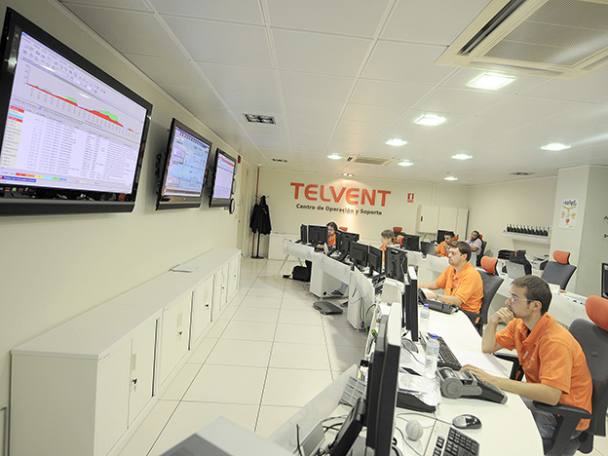The phrase 'third time’s a charm' seems to ring true for Aveva (AVV) and Schneider Electric. The London-listed group will combine with Schneider’s software business via a reverse takeover, given the relative size of the latter. Since 2015, two rounds of takeover talks have failed. However, judging by the jump in Aveva's share price of almost a third on the day of this latest announcement, investors are eager for the merger to succeed. The deal is valued at £3bn, with the enlarged group retaining a London listing.
Under the terms of the agreement, Aveva will issue 97.4m new shares to Schneider, giving it a 60 per cent stake in the combined entity: equivalent to approximately £1.7bn. Meanwhile, Aveva shareholders will receive aggregate payments of up to 1,014p a share. This includes a payment from Schneider of approximately 858p a share in cash (£550m in total), and a return from Aveva itself of 156p a share, or £100m in total from its balance sheet. They will retain 40 per cent of the enlarged group’s stock. There will be a standstill agreement limiting Schneider's ability to build its stake further for three-and-a-half years post-completion.
So, how does this takeover attempt differ from the last couple of times a potential agreement was on the table? Back in July 2015, when discussions were first under way, Schneider was to have a 53.5 per cent stake in the larger Aveva group, while its target would retain 46.5 per cent ownership. Clearly, Aveva’s allocated share has since reduced. But investors will receive significant payments for allowing this to happen. Analysts at Barclays believe Aveva shareholders are “by far the key beneficiary" in this latest deal.
This deal has actually been agreed, rather than being a preliminary discussion. What's more, Schneider Electric is bringing a lot more to the table this time around. Additional software assets make the business around 20 per cent larger than at the time of the last talks in 2016, according to estimates from Numis. These include the oil and gas pipeline management solutions segment of Telvent, acquired by Schneider in 2011.
What are the reasons for this reverse takeover? The language used in the prospectus was encouraging, claiming the combination would allow the group to achieve “scale and relevance in key markets as well as an extensive technology portfolio”. Management estimates combined pro-forma revenue for the year ended March 2017 would have reached around £649m, more than three times that achieved by Aveva during that period. This would have produced adjusted pre-tax profits of £146.3m, compared with Aveva’s £55m, according to the deal's prospectus.
The combination of the businesses should also increase Aveva’s end-market coverage and give it exposure to new sectors. Schneider Electric Software Business has leading positions in the chemicals, food and beverage and pharmaceuticals segments. Admittedly, it would increase Aveva's dependence on cyclical industries, including oil and gas, and mining and marine. What's more, analysts at Numis forecast earnings per share for the enlarged group of 66.9p for the year to March 2018, down from an estimate of 69.9p prior to the transaction due to the enlarged share capital.
The two parties are working to select a new chief executive for the enlarged group, with the required track record and experience. For now, Aveva chief executive James Kidd stays – but he will move into the role of deputy chief executive and chief financial officer once a replacement is announced.







